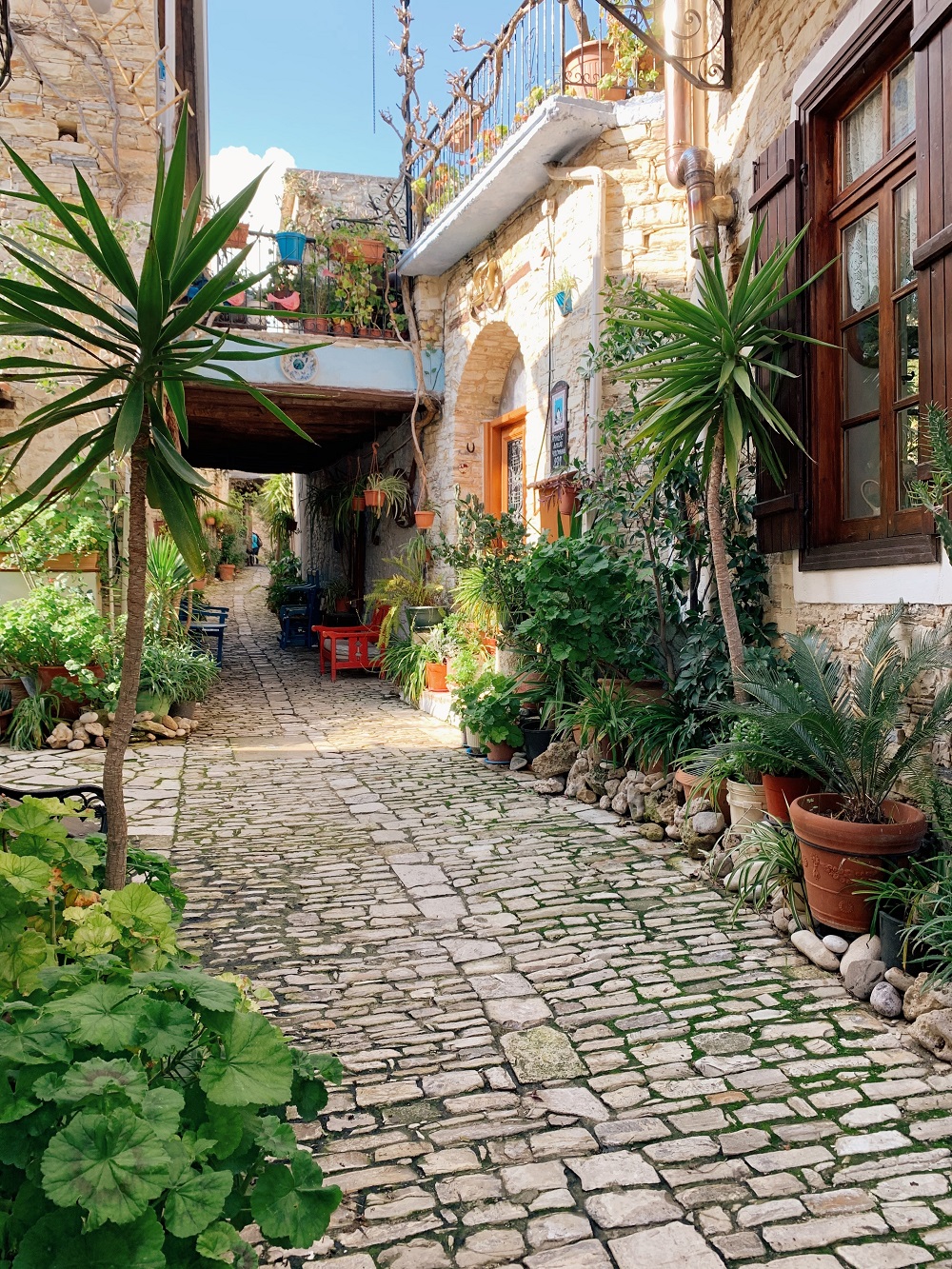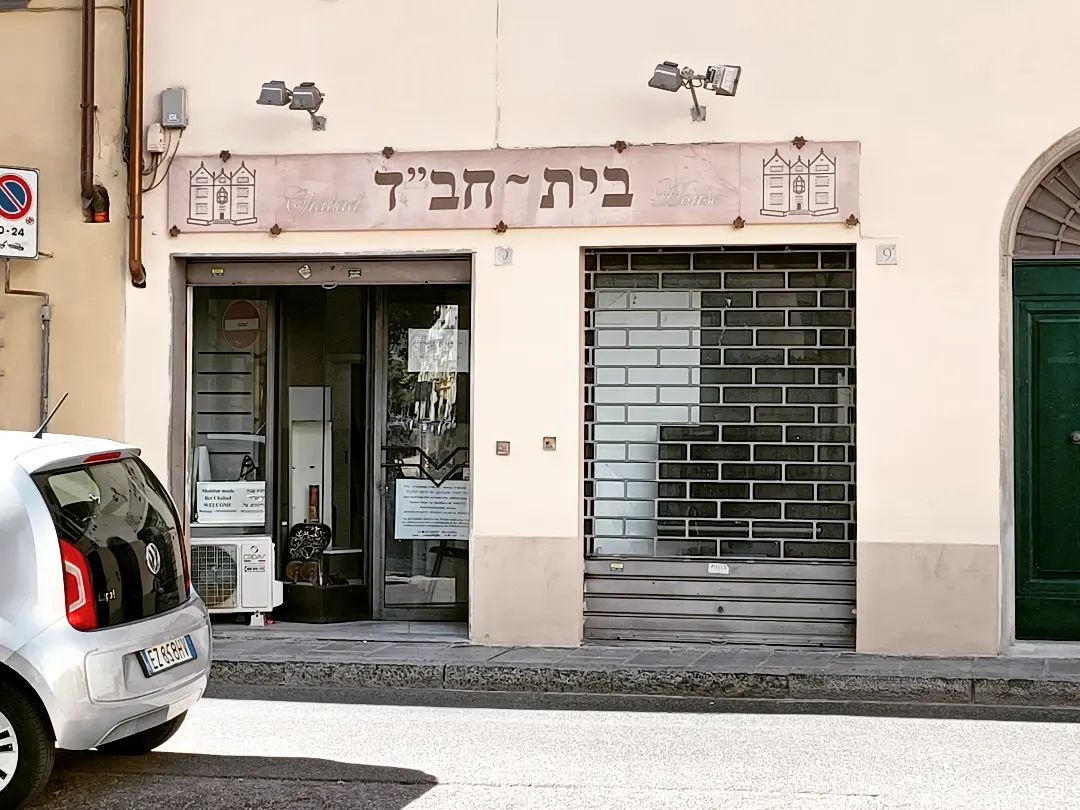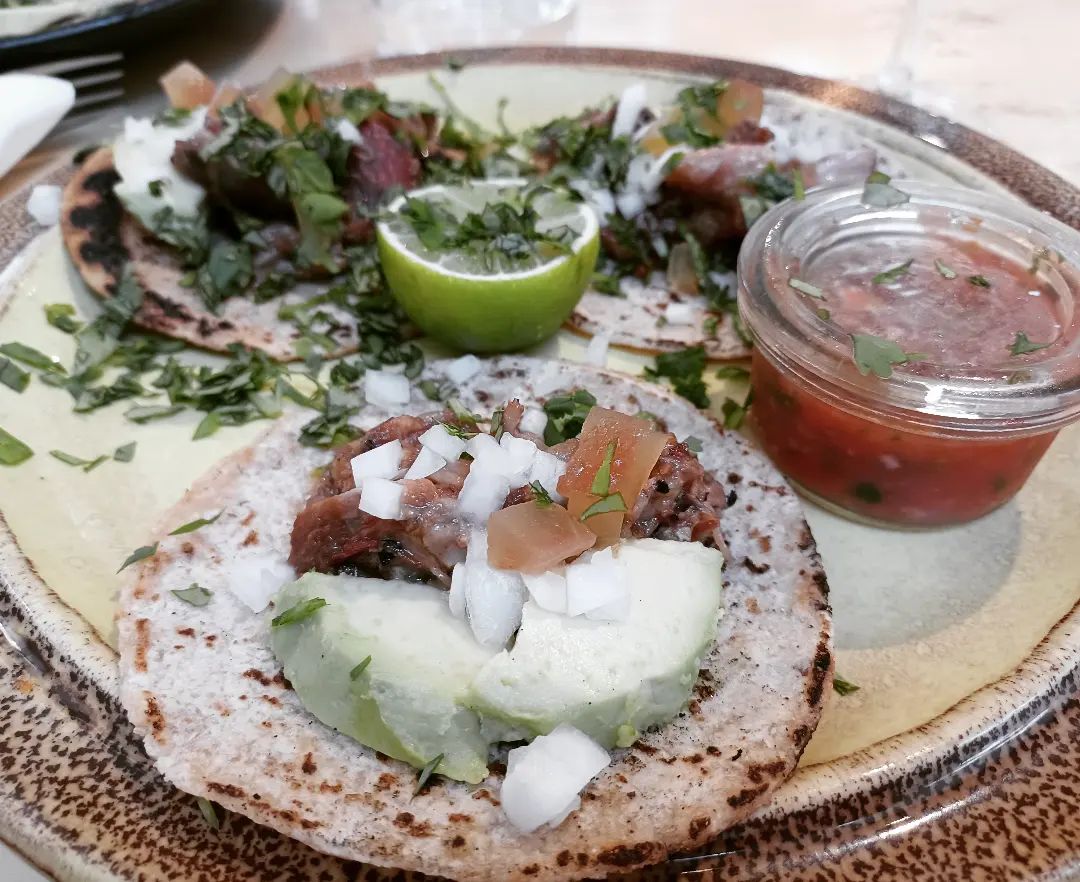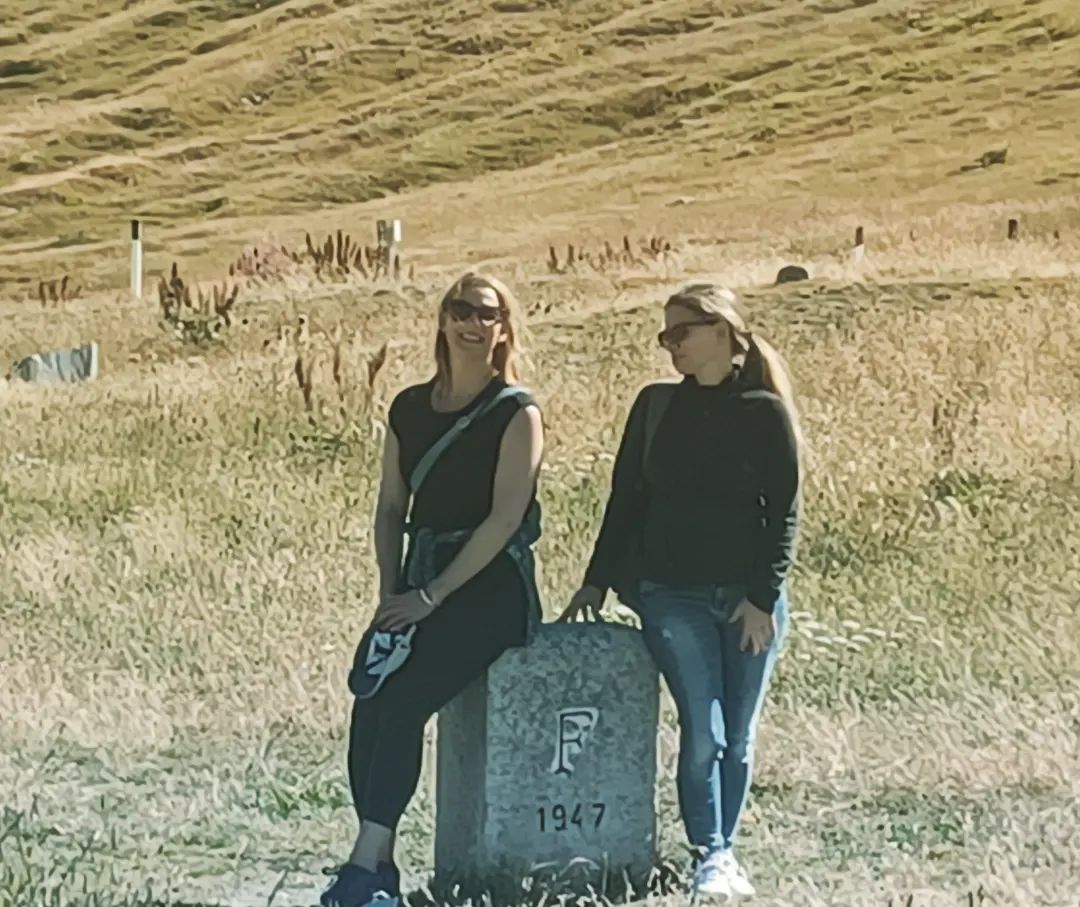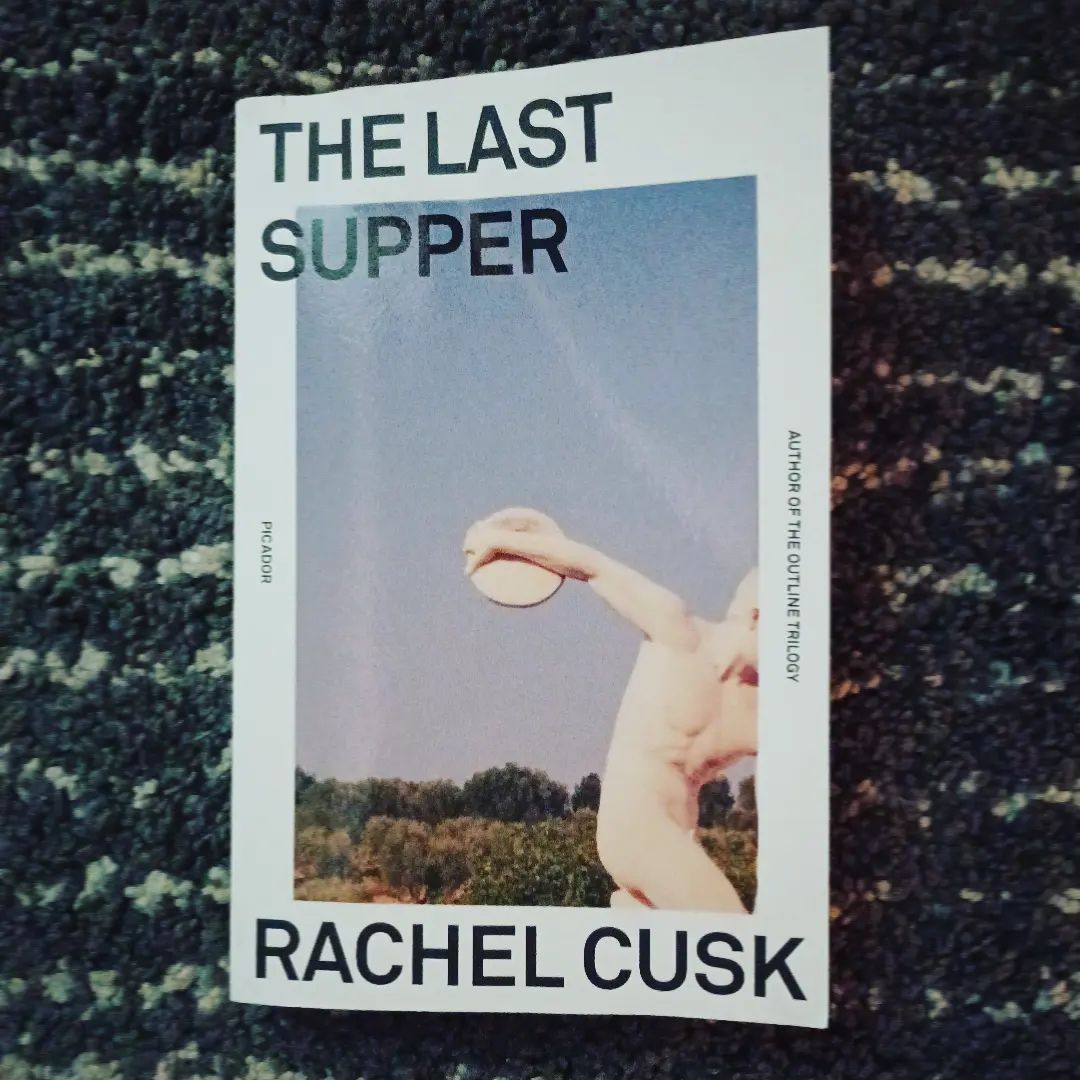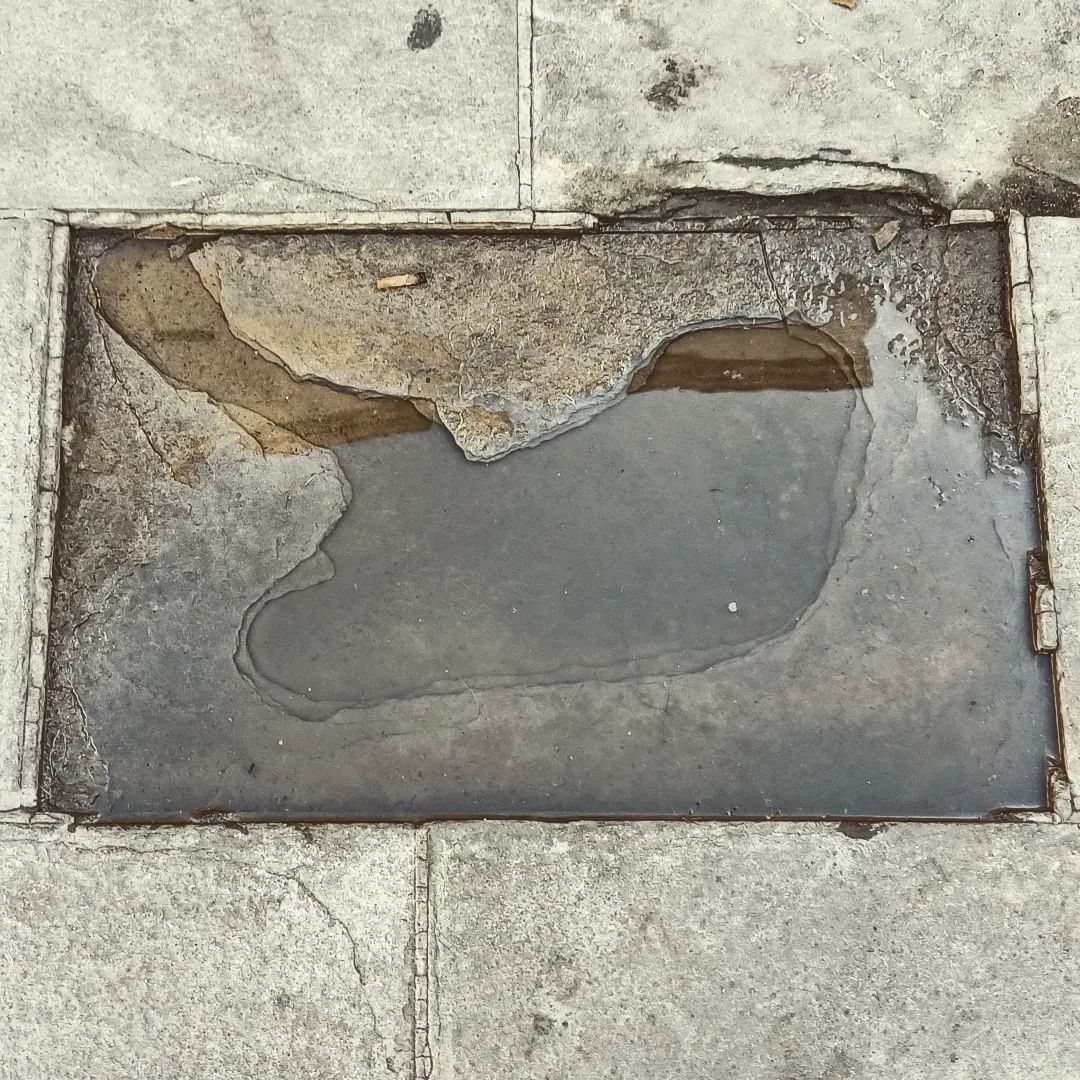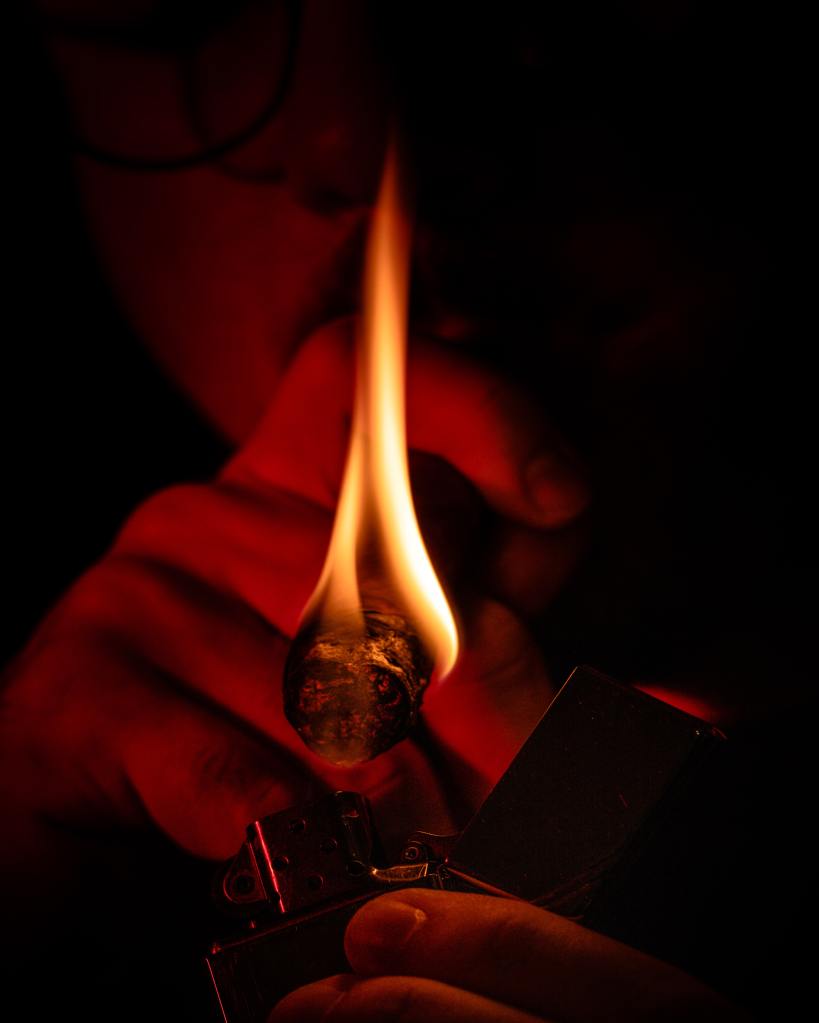
AmePhoto by Vinicius Löw on Unsplash
Pipas. Spanish sunflower seeds. Such a sweet, suggestive word, the cheep of a bird, a finch or a swallow, dainty in feathers, making hungry sounds. A word as happy as the flower from which they are harvested. Pipas does not sound like anything associated with a potbellied older man, wearing layers of salty jumpers and ancient grey trousers, a stinking cigar butt held loosely between two stubby fingers, drinking beer and cracking sunflower seeds between his teeth in a bar.
He leaned in toward me with a conspiratorial air. He held his cigar in front of him and tapped it with the opposite index finger.
Cubano, he said. Muy bueno.
He held up his lighter, a well-worn U.S. Army Zippo.
Americano. Muy malo.
He shook his head and slipped the lighter back into his trouser pocket.
They said that a bar’s good reputation was evidenced by the detritus on its floor, in front of the bar, under stools, underfoot. This was very strange to me, as a person from northern climes, where shopkeepers and pub owners swept their floors with pride, picking up crumpled receipts, dried gobs of chewing gum, toothpicks, wadded napkins, cigarette butts. In Spain all this refuse proved that patrons had entered and stayed awhile before hurrying off to their next destination. And in the most popular bars, the low drifts of rubbish are composed mostly of the husks of sunflower seeds. Pipas.
And yet men of all ages – rarely women – placed pipa after pipa between their top and bottom teeth, balanced in the visa of their jaw, bearing down until it split its seam vertically to release the oily seed inside, spitting the hull onto the floor where it landed with thousands of hulls just like it, bitten in half. Seed after seed, picked thoughtlessly from a tight-woven basket set atop the bar, the perfect accompaniment to their ice-cold lager served in tall glasses they called cañas.
Pipas, pipas, pipas. Cañas, cañas, cañas.
The acrid smoke from the black tobacco rolled into thin cigarettes twined in the air. An endless parade of cañas y pipas, lasting from the early evening sun until well after midnight. I see before me that girl Pipas, so named because she was the only woman anyone knew who cracked the pipas to eat them with her lager, smiling knowingly as she spit hull after hull onto the floor. They said she’d fought for the Republicans, and looking at her slender hips and thick, short braids, I believed it. They called her chica out of affection but she was at least thirty.
No one understood why I didn’t speak to her. My hands trembled with the old frightened feeling.
One evening in Don Alonso’s I ordered a cerveza, por favor.
Don’t you mean a caña? Surely you want a caña, she purred an arm’s reach from me.
Yes, a caña, I nodded.
After Alonso slid the caña over to me, I drank it in silence. I could feel everyone looking at me.
Eh, Luz, order me a caña, why don’t you! a handsome man shouted from the other end of the bar.
Call her Pipas if you want something, an older man said. Then they all laughed.
I finished my beer and left. I was just a north-country git, a farmer’s son, and spoke barely any Spanish. I can taste the cerveza and pipas now, smell that cigar smoke, when I close my eyes.
Author’s note: This piece is creative non-fiction, borne of my time in Spain and innumerable peninsular history classes and films, along with a healthy admiration for George Orwell.



